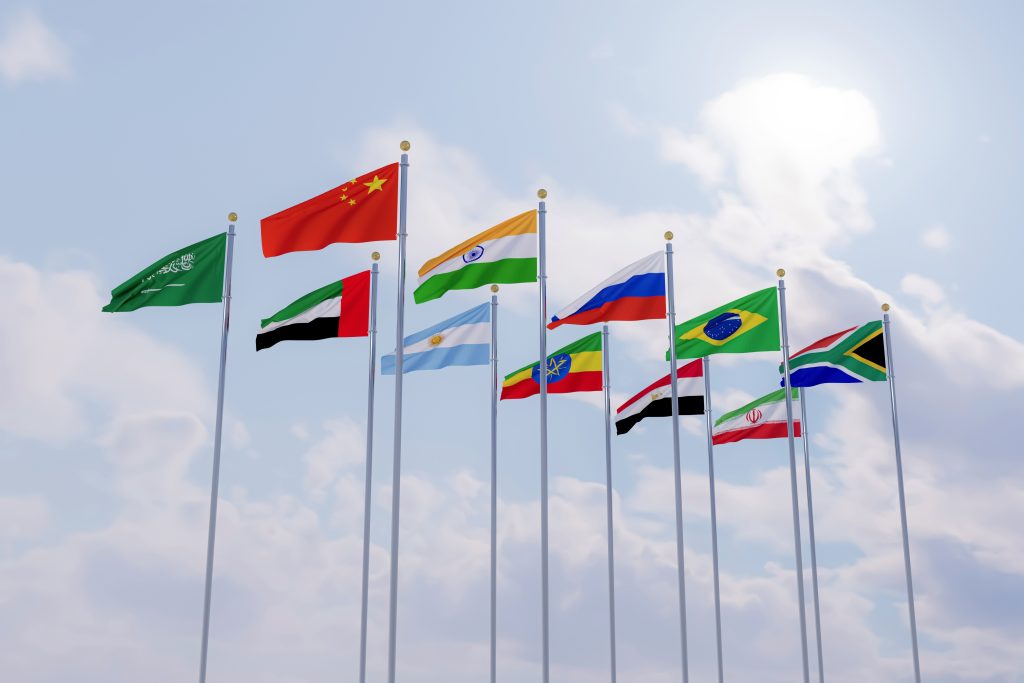The Saudi Arabian Minister of Commerce, Majid al-Kasabi, has recently made it clear that the Kingdom has not yet made a formal decision to join the BRICS group. Al-Kasabi made this statement while attending the prestigious World Economic Forum in Davos, Switzerland, an annual gathering that attracts over 3,000 leaders from around the world to discuss pressing global issues, this year focusing on the theme of “Rebuilding Trust.”
BRICS Membership Discussion
In response to rumors sparked by Saudi state television’s premature announcement of joining BRICS, which was later retracted from their platforms, al-Kasabi’s clarification came as a necessary step. While the Kingdom has been given an invitation to become part of the coalition, it remains in a state of consideration amidst growing tensions between economic giants China and the U.S.
BRICS, which originally consisted of Brazil, Russia, India, China, and South Africa, has gradually expanded to include other nations like the UAE, Iran, Egypt, and Ethiopia. Argentina, despite being invited, opted out in November.
Saudi Arabia: A Potential Economic Powerhouse for BRICS
Even before considering expansion, BRICS is a formidable economic force, accounting for approximately 26 percent of global GDP and 16 percent of international trade. Should Saudi Arabia join, it would significantly enhance the bloc’s economic clout. As the largest economy in the Arab world with over $1 trillion in annual GDP and control over a substantial portion of the world’s oil reserves, the Kingdom’s membership could bring considerable benefits to both parties.
For Saudi Arabia, aligning with BRICS could represent a strategic pivot towards economic diversification and increased geopolitical influence, creating a balance between its traditional alliances and new global partnerships.
Discussions about Saudi Arabia’s potential involvement with BRICS’ New Development Bank (NDB) have been ongoing since the previous year. The China-based institution views Saudi participation as an opportunity to explore new funding channels and bolster the group’s ability to mitigate risks associated with the global economy’s shift away from the U.S. dollar.
Since its inception in 2015, the NDB has committed to financing over 90 projects with a total value of $32 billion, aiming to support infrastructure and sustainable development in BRICS countries as well as other emerging markets. The inclusion of Saudi Arabia could potentially enhance the bank’s capabilities and support the nation’s efforts to move away from its reliance on oil revenues.
